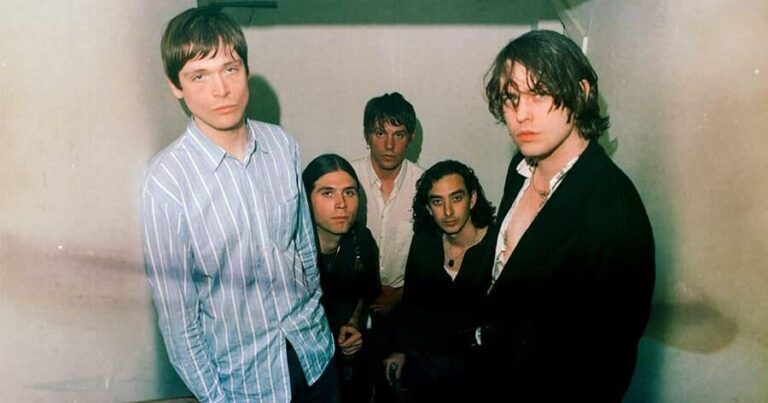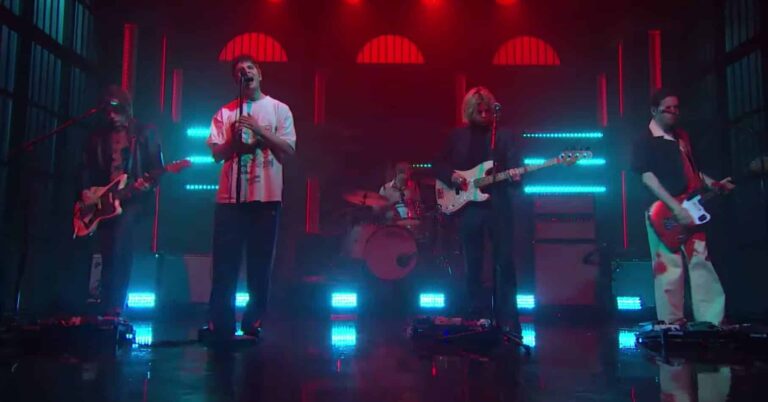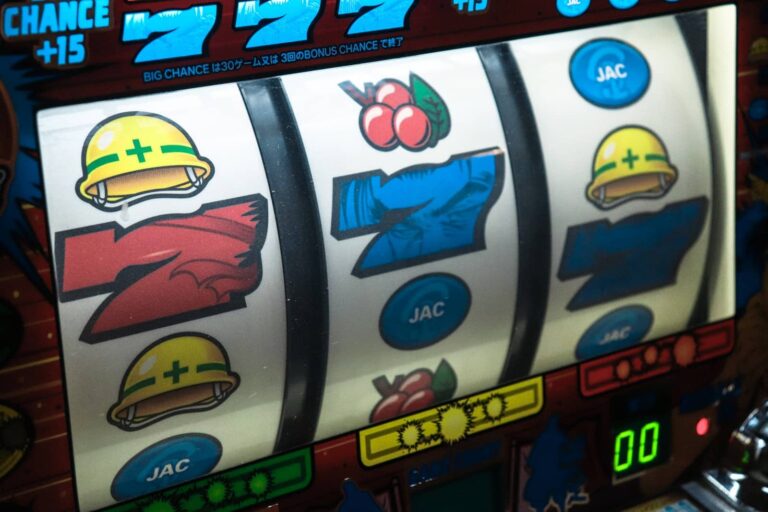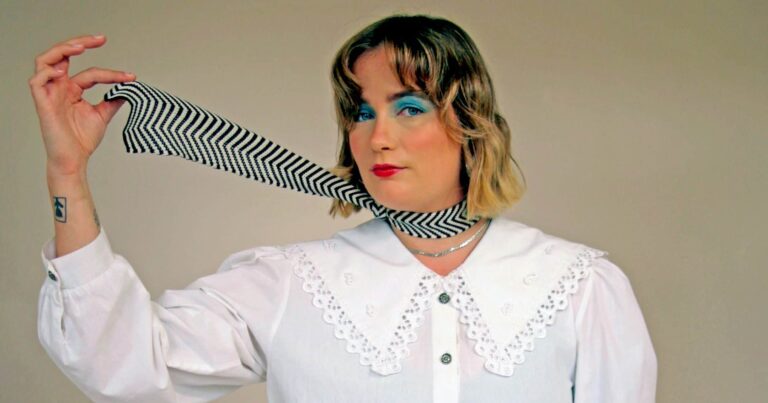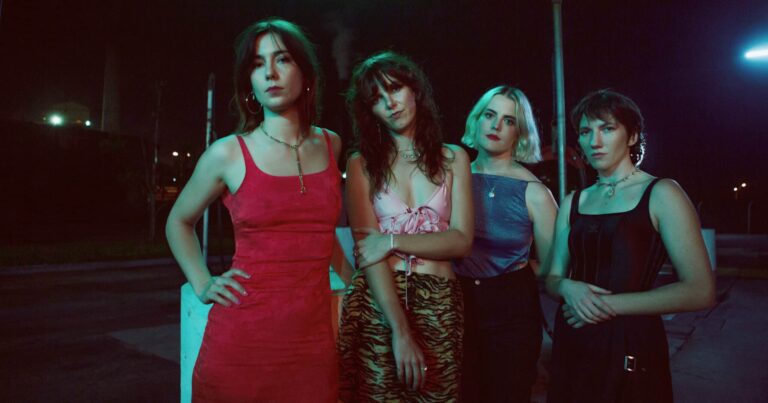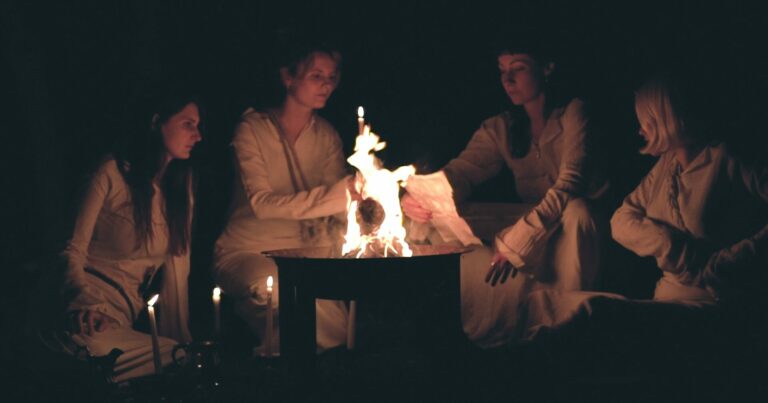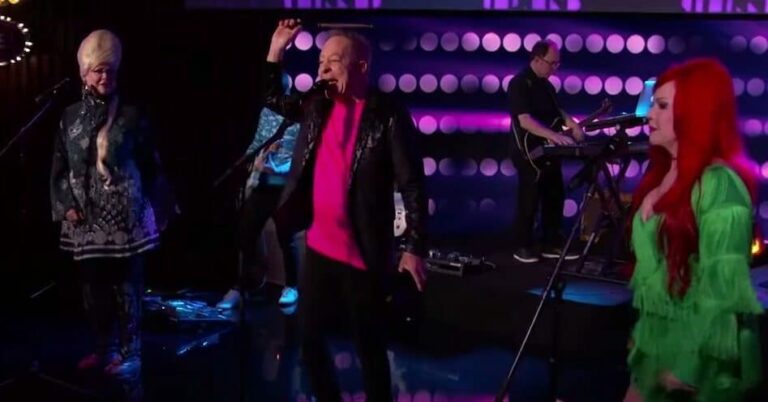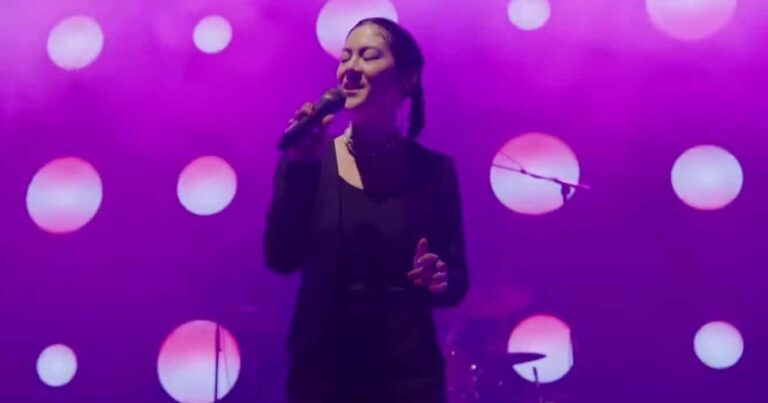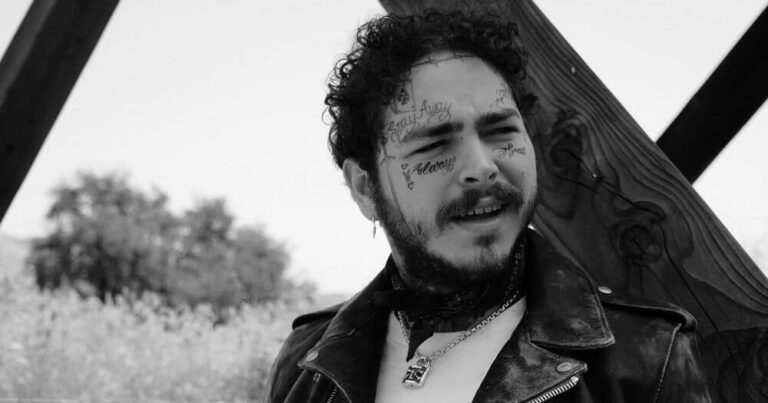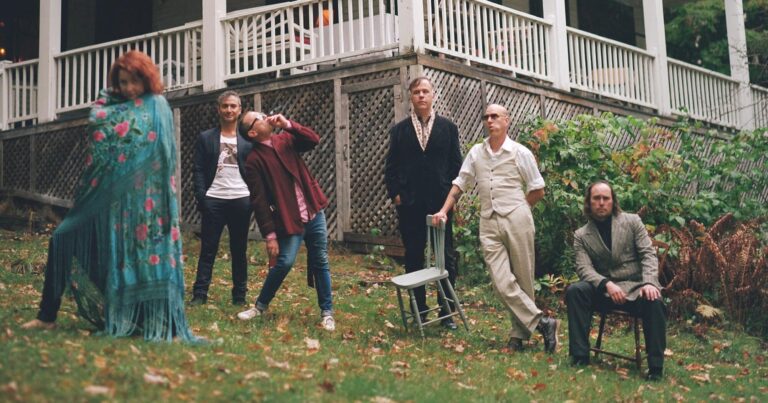Iceage have released a new song, ‘All the Junk on the Outskirts’, which was recorded during the sessions behind their 2018 LP Beyondless. The band revisited the song in 2021 and finished updating it this year. Give it a listen below.
“I consider this one of the better cuts off the Beyondless sessions, but it ended up being a misfit that wouldn’t quite fit in with the other songs as we put together the tracklisting. Like a piece belonging to a different puzzle,” vocalist Elias Bender Rønnenfelt said in a statement. “Much like it wasn’t welcome with the others on Beyondless, it’s an anthem for those on the outside looking in.”
Today, Iceage have also announced a co-headlining fall tour with Earth; find the full list of dates below. Their most recent album was last year’s Seek Shelter.
Iceage 2022 Tour Dates:
Thu May 5 – Bordeaux, FR – Sideral Psych Fest
Wed May 18 – Asbury Park, NJ – House of Independents ^
Thu May 19 – Buffalo, NY – Rec Room ^
Fri May 20 – Toronto, ON – Lee’s Palace ^
Sat May 21 – Ottawa, ON – Club SAW ^
Sun May 22 – Montreal, QC – Ausgang ^
Tue May 24 – Burlington, VT – Higher Ground – Showcase Lounge ^
Wed May 25 – Portland, ME – Space ^
Thu May 26 – Portsmouth, NH – The Press Room ^
Fri May 27 – North Adams, MA – Solid Sound Festival
Sat May 28 – Cleveland, OH – Grog Shop
Sun May 29 – Chicago, IL – The Empty Bottle
Mon May 30 – Milwaukee, WI – Cactus Club
Fri Jun 3 – Saint-Brieuc, FR – Art’Rock Festival
Sun Jun 5 – Barcelona, ES – Sala Apolo Primavera Festival
Fri Jun 10 – Hilvarenbeek, NL – Best Kept Secret Festival
Sat Jun 11 – Napoli, IT – Festina Iente
Thu Jun 16 – Helsinki, FI – Sideways Festival
Fri Jul 1 – Gdynia, PL – Open’er Festival
Sat Jul 2 – Roskilde, DK – Roskilde Festival
Sat Jul 16 – Chicago, IL – Pitchfork Music Festival
Fri Jul 29 – Prague, CR – Fluff Festival
Fri Aug 5 – Svindinge, DK – To Øl Festival
Mon Aug 15 – Budapest, HU – Sziget Festival
Fri Sep 9 – Siena, IT – Live Rock Festival
Wed Sep 21 – Brooklyn, NY – The Brooklyn Monarch *
Thu Sep 22 – Jersey City, NJ – White Eagle Hall *
Fri Sep 23 – Washington, DC – Black Cat *
Sat Sep 24 – Pittsburgh, PA – Spirit Hall *
Sun Sep 25 – Columbus, OH – Skully’s Music Diner *
Mon Sep 26 – Detroit, MI – El Club *
Thu Sep 29 – Minneapolis, MN – Fine Line *
Fri Sep 30 – Omaha, NE – Slowdown *
Sat Oct 1 – Lawrence, KS – Record Bar *
Mon Oct 3 – Denver, CO – Marquis Theatre *
Tue Oct 4 – Boulder, CO – Fox Theatre *
Wed Oct 5 – Albuquerque, NM – Launchpad *
Thu Oct 6 – Tucson, AZ – Club Congress *
Sun Oct 9 – Los Angeles, CA – The Regent Theater *
Mon Oct 10 – Santa Cruz, CA – The Catalyst Atrium *
Tue Oct 11 – San Francisco, CA – Great American Music Hall *
Thu Oct 13 – Portland, OR – Aladdin Theater *
Fri Oct 14 – Tacoma, WA – Alma Mater *
Sat Oct 15 – Seattle, WA – Substation *
^ = with Wiki
* = co-headline dates with Earth
